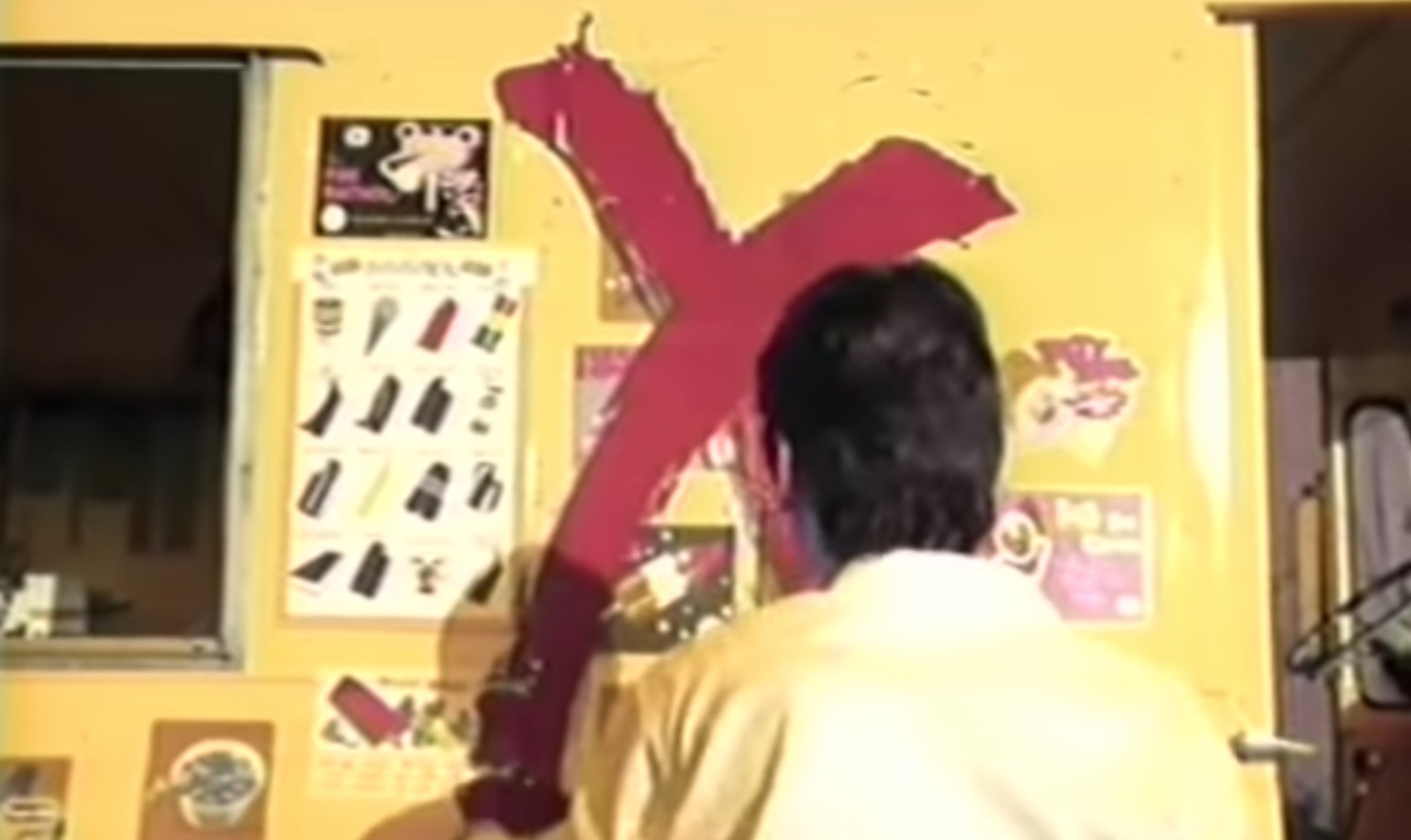While die-hard Smashing Pumpkins fans knew of Gish before the group broke out in 1993 with Siamese Dream, the mainstream music masses met Billy Corgan, James Iha, D’arcy Wretzky, and Jimmy Chamberlin through a dreamy song that lasted three minutes and twenty seconds. Corgan says he wrote it in about ten minutes.
“Today” was the seminal song that launched the Smashing Pumpkins into the stratosphere when it was repackaged as a post-album-release single in late September of 1993. It was a gateway drug to alternative rock when grunge was king, and an introduction to a band that continues, miraculously, to ride on a roller coaster of drama and bickering. Many critics don’t consider it the band’s best work: Stereogum didn’t even include it in a top-ten list of Pumpkins songs, while SPIN listed it as number eight in their respective list. But “Today” remains important—at its core, the song’s message advocates for survival during tumultuous times. In some ways, that has been the band’s decades-long modus operandi.
As the story goes, Corgan wrote “Today” amidst a particularly low point in the band’s history. Iha and Wretzky had just broken up, and Chamberlin had been struggling with drug addiction. Corgan was plagued with suicidal thoughts, so the lyrics hinting at self-harm, “Pink ribbon scars / That never forget / I tried so hard / To cleanse these regrets,” followed suit.
During a session of VH1 Storytellers, he framed the song’s explicit context: “I entered into this really horrible part of my life… At one point, I ended up sleeping on D’arcy’s floor. I lived in a parking garage for a while. I was completely obsessed with killing myself; it became my primary preoccupation. Out of the depths of this despair, I bottomed out, and it literally came down to a simple decision: either kill yourself or get used to it—work, live, and be happy. So I wrote this song. As you can see, I chose another kind of death, which is rock and roll. At this point in my life, it’s a positive song in that it’s about survival.”
“Today” begins with light, dulcet notes—a simple, standalone riff repeated four times—before erupting into an overwhelmingly layered cascade of sound. The song swings back and forth between contrasts: softer and louder volumes, a sweet-then-sinister mood.
At its core, “Today”’s message advocates for survival during tumultuous times. In some ways, that has been the band’s decades-long modus operandi.
While the single was a clear pop hit, the Pumpkins were also of note for their makeup. White, male groups like Nirvana and Pearl Jam were the poster boys of that generation, so it was refreshing to find a group with a female bass player in Wretzky and a Japanese-American guitarist in Iha. Together with Corgan and Chamberlin in promo photos, they looked like a band of vintage-clothes-wearing misfits—and it worked in their favor. In the “Today” video, they roll around in paint, gleefully carefree—gleefully stricken with melancholy-tinged joy.
The current iteration of the Smashing Pumpkins has three of its four original members—Corgan, Iha, and Chamberlin. (Wretzky hasn’t been with the band since ’99, and she’s gone on record sharing some strong words against Corgan, whom she calls “insufferable.” Attempts were made at reconciling for the tour, but they disintegrated rapidly.) Somewhat surprisingly, a new Pumpkins album exists (sans D’arcy), and will be released in November.
In the liner notes of the 2011 Siamese Dream reissue, Corgan called “Today” “the song that changed my life more than any other.” Some of the band’s fans could claim the same—even the ones who misinterpreted the lyrics as a carpe diem anthem. Never one to miss a beat, Corgan also added this detail in those liner notes: “The ultimate in irony: a chirpy song about my near-suicide that all the kids can sing along to.” FL









